540 End of Season Wrap
540 End of Season Wrap
#RealisticRegenAg | You may have wondered where I got to? Or perhaps you didn’t notice I missed the November email. I was just getting ready to work on the email when I got sick. It seems to be a cold going around the area. It set me back for a few weeks which also set my teaching and client work back. I decided rather than rush a newsletter out I’d just skip November and go with December.
Welcome to Plants Dig Soil, a podcast about #RealisticRegenAg. I’m your host, Scott Gillespie, and I’m an agronomist from the western Canadian prairies specializing in climate-smart agriculture. I discuss scientifically proven practices that benefit the planet and, just as importantly, farmers' economic sustainability. Be sure to visit my website, www.plantsdigsoil.com, for resources and information about the services I offer.
Transcript is available:
https://www.plantsdigsoil.com/podcast/end-of-season-wrap
Articles mentioned in the podcast:
https://www.plantsdigsoil.com/podcast/n20-cover-crops-manure-tillage
https://www.plantsdigsoil.com/podcast/plants-dont-read-our-manuals
https://www.plantsdigsoil.com/podcast/buffalo-bird-woman-book
My consulting packages:
https://www.plantsdigsoil.com/pricing/#consulting
My funding service offerings:
https://www.plantsdigsoil.com/pricing/#paperwork
SCAP overview: https://youtu.be/0icitHJR2lk
SCAP program details https://www.alberta.ca/sustainable-cap.aspx
My course: Profitable From the Start: Cover Crops for the Prairies:
https://plantsdigsoil.thinkific.com/courses/cover-crops-prairies
Newsletter signup:
https://mailchi.mp/plantsdigsoil/newsletter
https://www.linkedin.com/newsletters/6944029544697802752
Email: scott@plantsdigsoil.com
X (aka Twitter) (Scott): https://twitter.com/scottcgillespie
X (aka Twitter) (Company): https://twitter.com/PlantsDigSoil
LinkedIn (Scott): https://www.linkedin.com/in/scottcgillespie/
LinkedIn (Company): https://www.linkedin.com/company/plants-dig-soil
YouTube: (Company): https://www.youtube.com/@scottcgillespie
Podcast Subscription Apps: https://podcasters.spotify.com/pod/show/scottcgillespie
Below you’ll find content summaries for October. I’ve got what I planned to send out in November sketched out and I think they will finish off the year well, so I’m still planning to get them out. After that I’ll take a break through December and into January.
In the New Year expect the next newsletter around the end of January. I plan to use the time away to reflect on what I plan for next year and so I’ll have a much better idea on how I plan to structure the podcast for Season 6. I’ll also tease a little out - I’ve been working at getting a book published! Expected timeline is for it to be ready by March for purchase from all of the major book sellers - print or ebook.
Newsletter
I would love to continue expanding my newsletter list. Social media platforms and even Google might block me at any time. Please consider subscribing. I send updates only once a month, and I assure you that every time, I'll bring valuable information. I also share these updates on LinkedIn. While I'm aware that platforms like LinkedIn could change their policies too, I trust Microsoft more than billionaire-owned companies with questionable motives.
https://mailchi.mp/plantsdigsoil/newsletter
https://www.linkedin.com/newsletters/6944029544697802752
Consulting Packages
Pricing reflects the independent structure of the business. You pay for the advice and that’s it. I do not sell any products. I will recommend them where I see fit but I make no money from your use of anything I recommend.
We can work remotely or in-person, or a combination of the two. You are not tied to long term commitments. I give you everything and you are free to implement on your own or with another company. Of course, I always love to work with people over the long term.
https://www.plantsdigsoil.com/pricing/#consulting
Content Summaries
539 N2O emissions, disease control with composts, and using tillage responsibly
1. New research shows that cover crops may not be a net benefit to the nitrogen loss equation. While they can prevent leaching, they may contribute more to nitrous oxide emissions.
2. On the topic of nitrous oxide emissions, work in the Prairies is continuing to show that inhibitors work to reduce emissions. However, the yield impacts for producers are not worth the cost of using them.
3. On the disease front, promising work shows how a specific combination of compost inputs may tackle one of our toughest potato diseases. This dovetails well into another story about biodiversity.
4. It's not about putting everything into the system and looking for resilience; it's more about finding the right combinations that lead to the desired outcomes.
5. This principle has been used by a farmer in Ontario who has gone back to tillage. As I've talked about before, it's not about no-till or reducing tillage; it's about using it properly.
6. Finally, I'll point you to an article that discusses future forecasting and the problem of assumptions.
https://www.plantsdigsoil.com/podcast/n20-cover-crops-manure-tillage
538 Plants Don’t Read Our Manuals
Rick from the GardenFork podcast frequently remarks, "Bees don't read our manuals," when he discusses beekeeping. I've found this to be equally true for plants. In this episode, I share a year-end review of what I learned over the summer in the fields and my garden.
🌾 Reflecting on a Year of Agricultural Challenges and Insights
Without a doubt, this year has been dry, marking a few years into a drought cycle. Observing changes on a landscape scale, it's become apparent that the behaviors of fields are shifting. This could be attributed to deeper, underlying changes in our environment.
🚜 Insights from Past and Present
Back in 2010 and 2011, we witnessed unusually high rainfall, replenishing deeper groundwater reserves. However, the recent drought years have depleted these lower groundwater levels. This observation has led me to reconsider the adaptability of our farming machinery, particularly the use of stripper headers for water efficiency and microclimate management.
🌱 Adaptations and Innovations in Farming
As water restrictions loom, it's imperative to rethink irrigation strategies. We might need to adapt our approach when the rains return, possibly incorporating strip till or a tillage pass.
🥔 Unexpected Wins in Challenging Times
Despite the drought, this year's potato crop exceeded expectations, thanks to optimal weather conditions and efficient water management. However, the challenges of pest control, particularly for organic growers, remain significant.
🌻 Personal Endeavours and Future Plans
In my garden, the shift back to drip irrigation has proven successful. As the year winds down, my focus shifts to teaching and personal development, including updating my cover crops course and diving into a winter reading list.
https://www.plantsdigsoil.com/podcast/plants-dont-read-our-manuals
537 Buffalo Bird Woman
I dived deep into the life and agricultural practices of Buffalo Bird Woman, one of the last indigenous farmers in North Dakota. Her story, preserved by the anthropologist Gilbert L. Wilson, provides an account of sustainable farming techniques that were in use long before European settlement.
What stood out to me was the striking similarity between her methods and those of European farmers - from preparing the land a year in advance, her detailed crop planning strategies, and her commitment towards seed saving, she practised sustainable agriculture in a way that still holds lessons for us today.
If you're interested in learning more about Buffalo Bird Woman and her agricultural practices, I recommend the book about her life (link in the description of the episode).
https://www.plantsdigsoil.com/podcast/buffalo-bird-woman-book
S-CAP Funding ($150,000 per farm)
S-CAP = Sustainable Canadian Agricultural Partnership
Many things are covered but the highlights are:
New technology, farm security, grain handling
Buying new or upgrading existing centre pivots,
Installing drip irrigation
Digging a well, developing water supplies for crops or livestock, decommissioning old wells
Developing a food safety plan or upgrading existing ones, developing new products or markets
Fencing in riparian areas, adding fencing (perimeter and internal)
Increasing legumes or establishing native or tame forages
Adding in shelterbelts, eco-buffers, and pollinator strips,
Intercropping annuals for grain harvest
Cocktail cover crops for green manure or forage
Establishing or enhancing wetlands.
My fees can usually be included in the funding.
https://www.plantsdigsoil.com/pricing/#paperwork
SCAP overview: https://youtu.be/0icitHJR2lk
SCAP program details https://www.alberta.ca/sustainable-cap.aspx
Profitable From the Start: Cover Crops for the Prairies
You'll make a Cover Crops FIRST (TM) Plan:
Fit
Implementation
Return-On-Investment
Species
Termination.
CCA Continuing Education Credits (CEU) available.
https://plantsdigsoil.thinkific.com/courses/cover-crops-prairies


